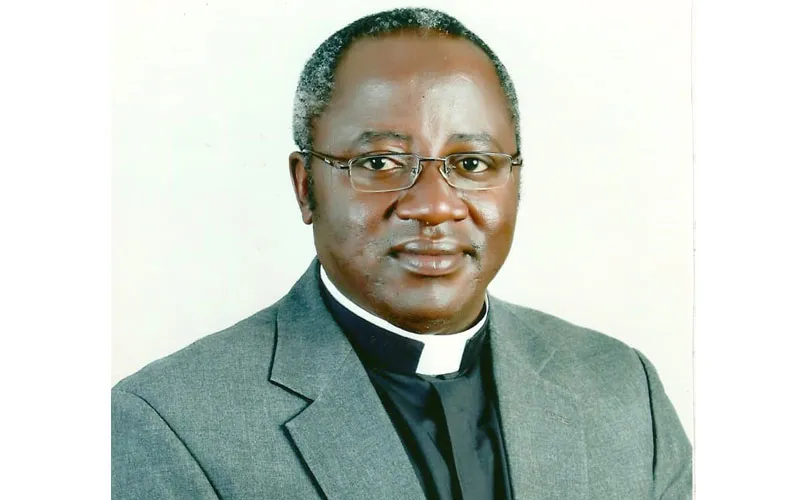Kaduna, 27 March, 2021 / 6:11 pm (ACI Africa).
A year after gunmen attacked the Good Shepherd Catholic Major Seminary in Nigeria’s Archdiocese of Kaduna, kidnapped four Seminarians and later killed one of them, the Rector of the formation center says Seminarians there are “more determined than ever” in their journey to Priesthood.
In an interview with ACI Africa, Fr. Habila Daboh said that memories of the night of 8 January 2020 and the subsequent murder of Seminarian Michael Nnadi are still fresh.
“The Seminarians are more determined than ever to study for the Catholic Priesthood. They are more determined to preach peace, to preach Jesus Christ,” Fr. Daboh told ACI Africa Wednesday, March 24.
“The Seminarians are doing very well. They are very committed and no one has dropped from the seminary,” the Nigerian Cleric further said, adding that one of the Seminarians kidnapped alongside the late Michael Nnadi is in the process of overcoming his traumatic abduction experiences.
The three Seminarians who survived the abduction were transferred from the Kaduna-based Major Seminary “so that they can heal quickly,” the Rector of the Good Shepherd Catholic Major Seminary told ACI Africa March 24.








